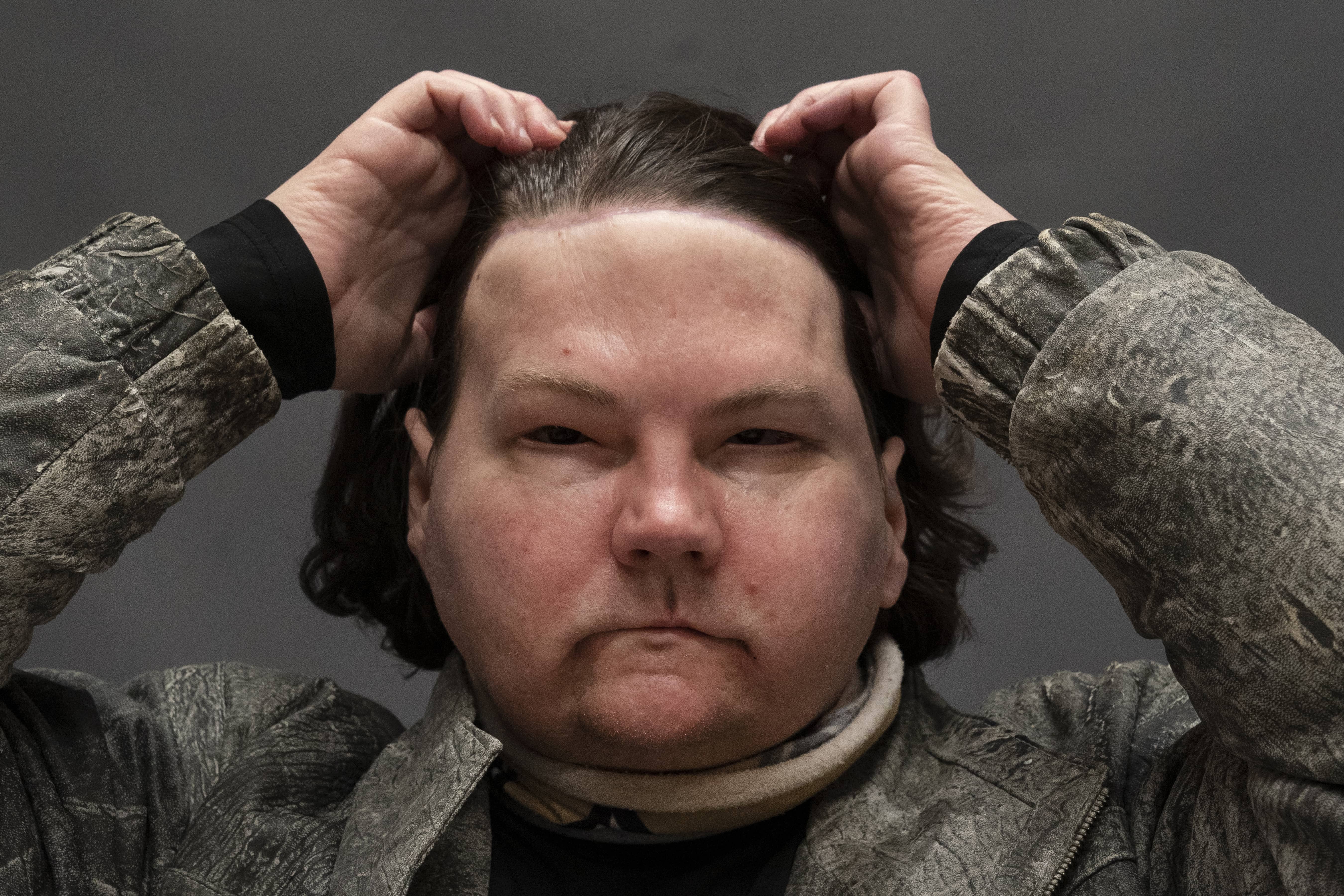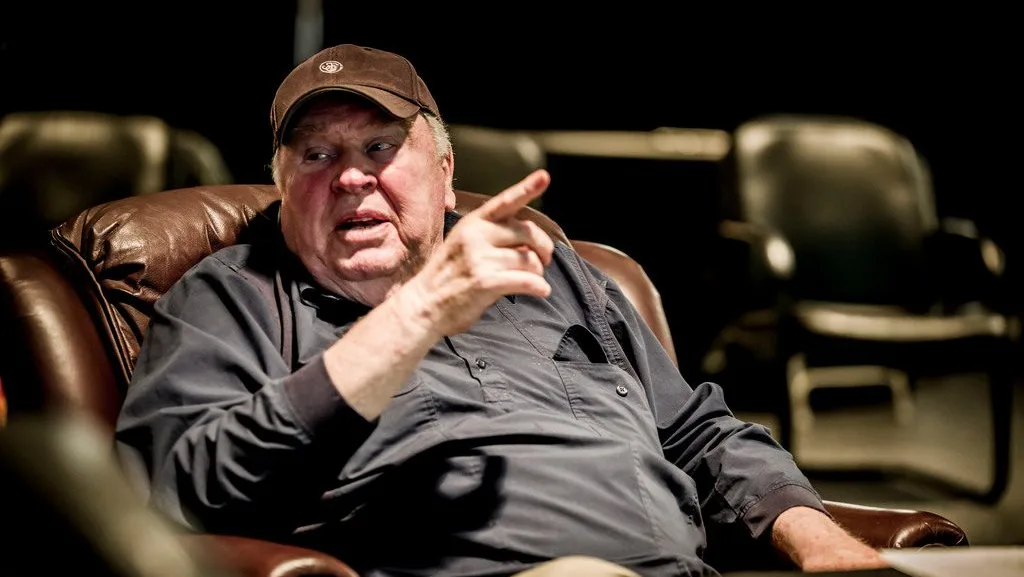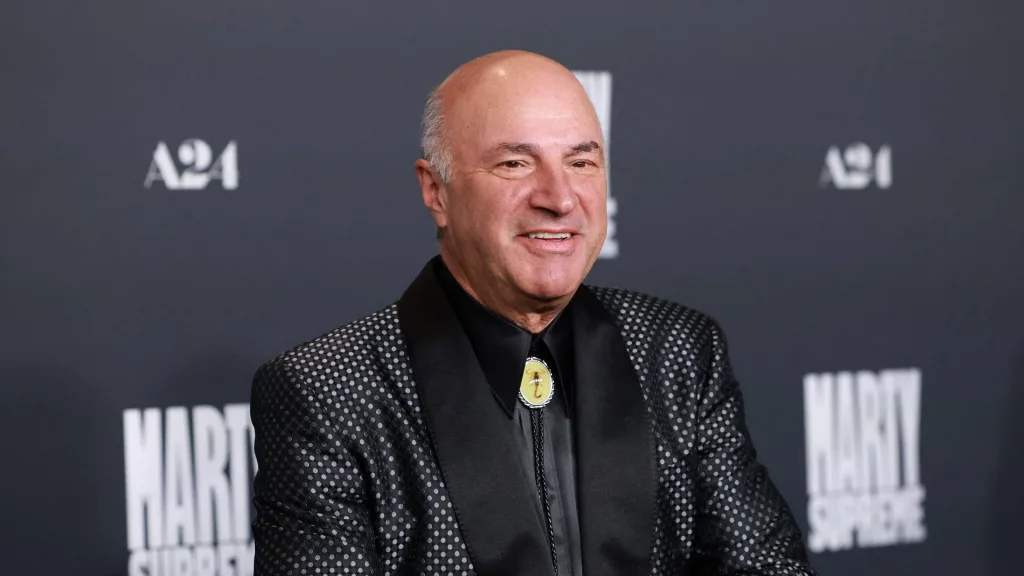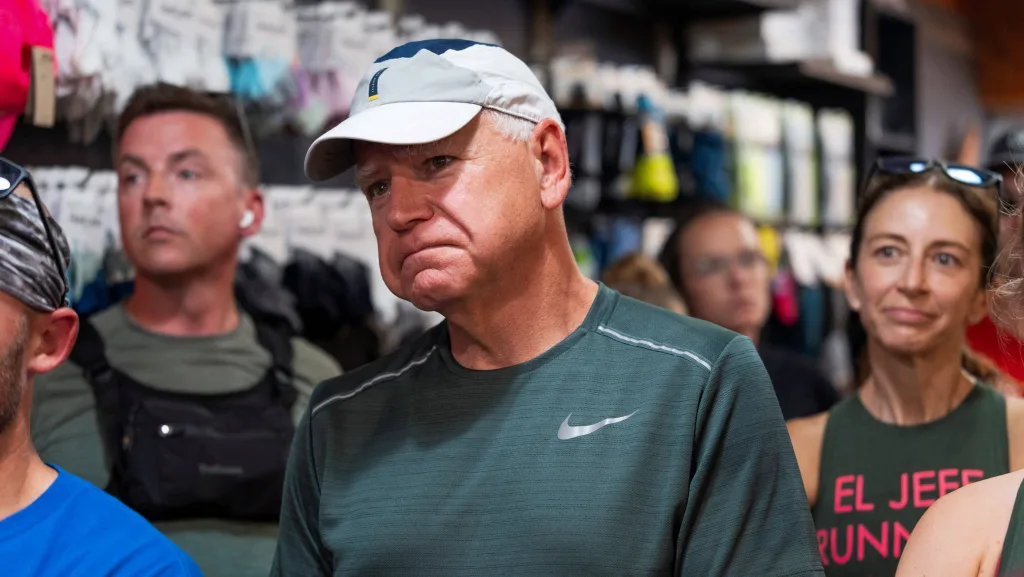
Joe DiMeo brushes back his hair while posing for a portrait, Monday, Jan. 25, 2021 at NYU Langone Health in New York, six months after an extremely rare double hand and face transplant. During a recent medical checkup, he practiced raising his eyebrows, opening and closing his eyes, puckering his mouth, giving a thumbs up and whistling. DiMeo can feel his new forehead, and often reaches up to push his long hair off of his face. (AP Photo/Mark Lennihan)
Face Double Hand Transplant
NEW YORK (AP) – A New Jersey man is getting a second chance at life. 22-year-old Joe DiMeo from Clark, NJ is recovering after receiving the first successful face and double hand transplant surgery from a single donor. Details of the transplant, which took place at NYU Langone Health in August, were revealed Wednesday.
DiMeo’s suffered from third-degree burns over 80% of his body after a car accident in July 2018. He had fallen asleep at the wheel while heading home from his job.
COVID had put a temporary hold on DiMeo’s surgery, which took approximately 23 hours, as many members of the transplant team had to be reassigned to work in COVID units at the hospital.
DiMeo was listed for just 10 months on the donor registry before a donor was identified. His total time from injury to transplantation was two years.
This was the fourth face transplant performed under the leadership of Dr. Eduardo Rodriguez (director of the Face Transplant Program, the Helen L. Kimmel Professor of Reconstructive Plastic Surgery, and chair of the Hansjörg Wyss Department of Plastic Surgery at NYU Langone) and the first hand transplant under his direction.
Despite having approximately 20 reconstructive surgeries, DiMeo had extensive injuries—including amputated fingertips, severe facial scarring, and no lips or eyelids—that affected his vision and daily activities, and severely limited his ability to live a functional and independent life.
Since the surgery, DiMeo is relearning how to smile, blink, pinch and squeeze with his new face and hands.
The 22-year-old will have to take lifelong medication to avoid rejecting the transplant.














